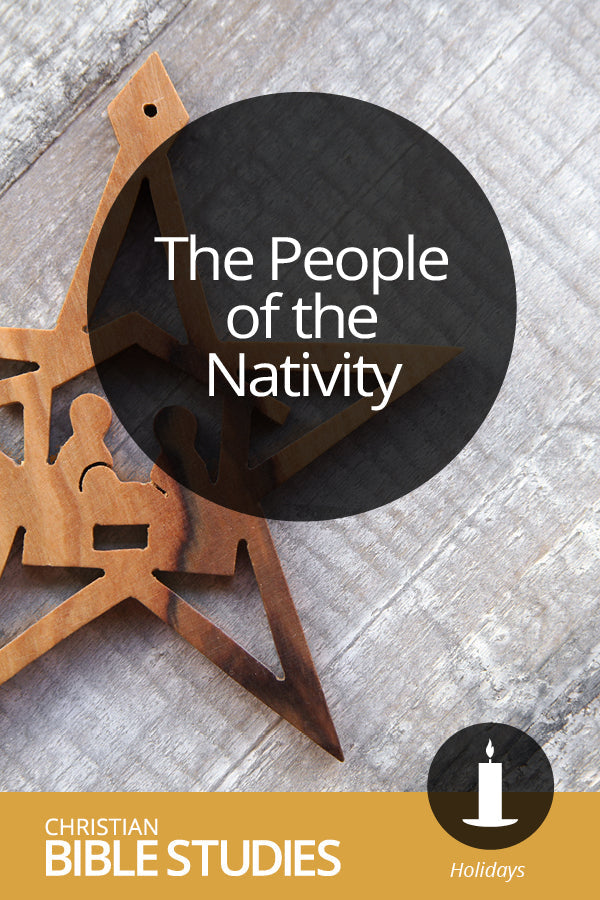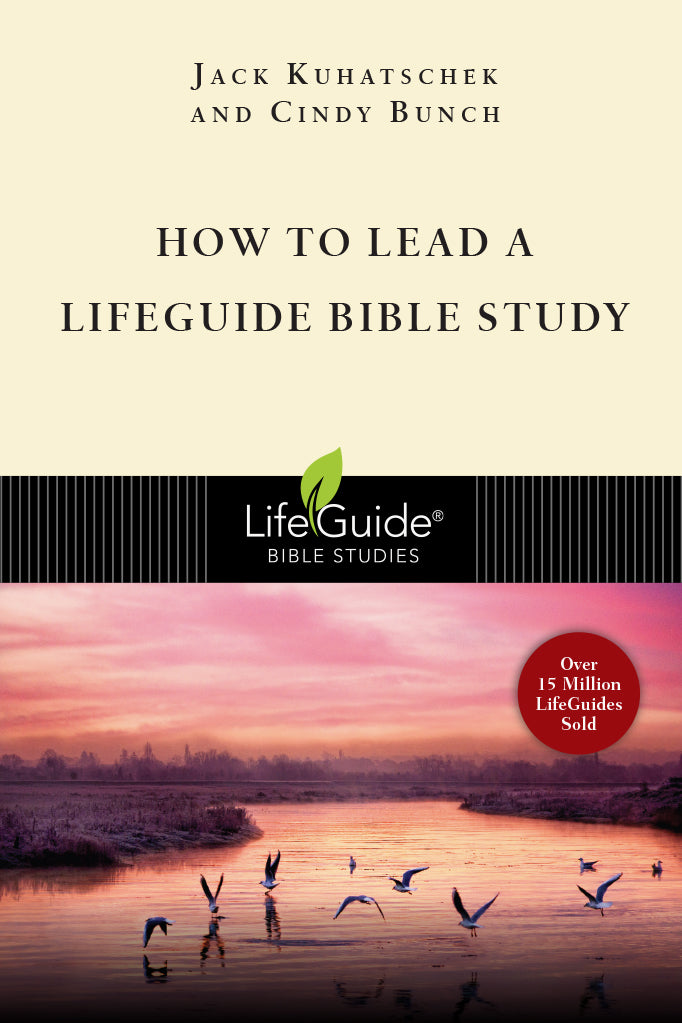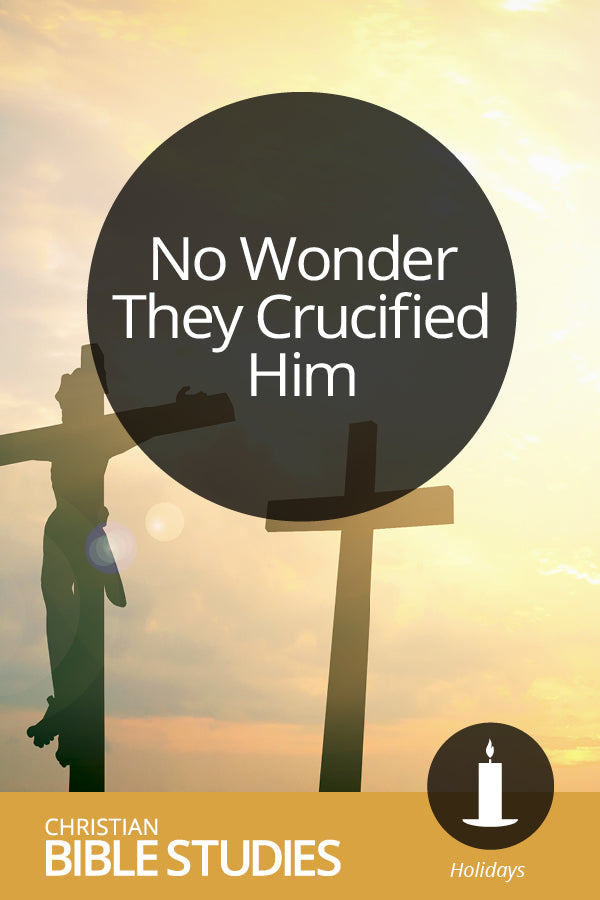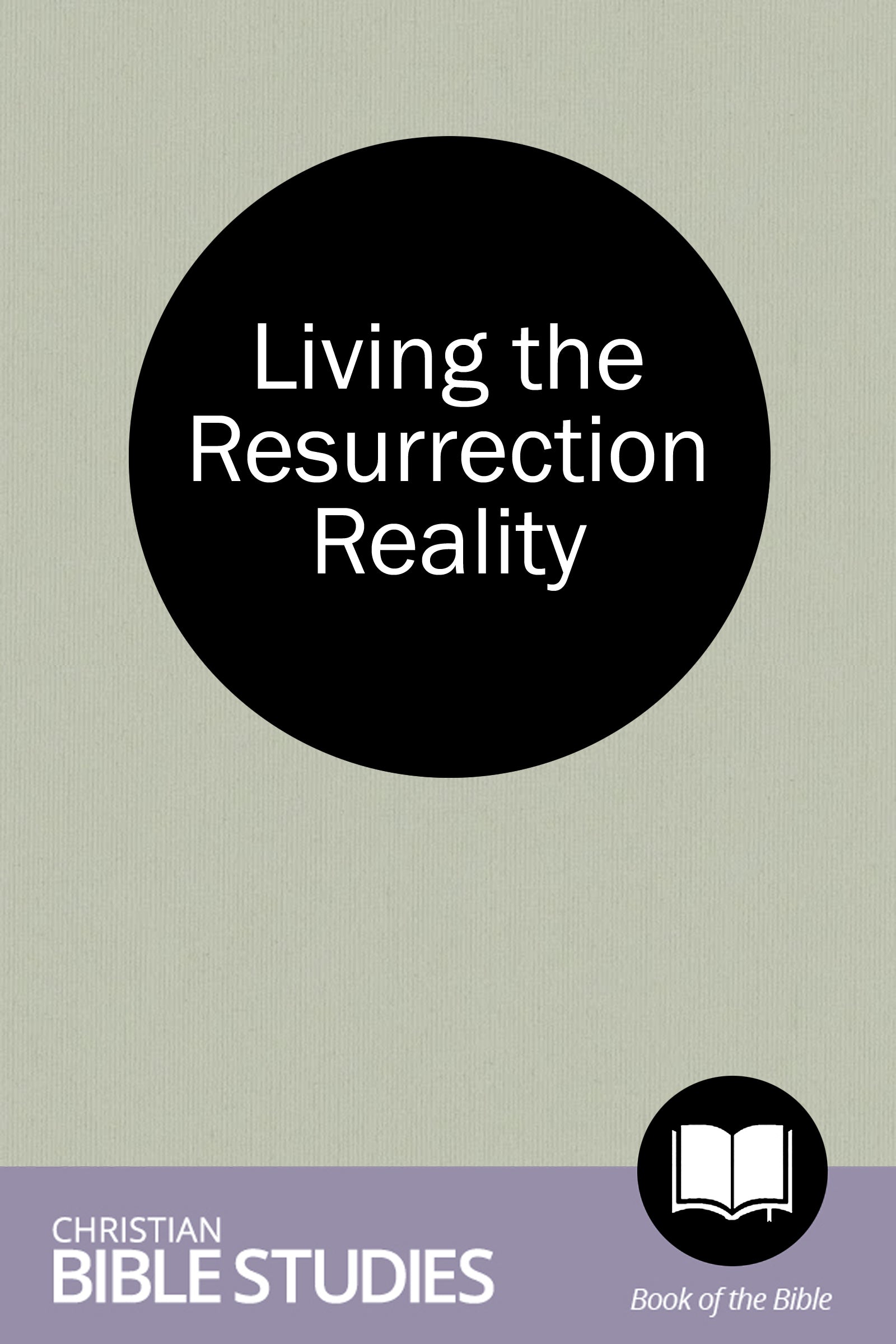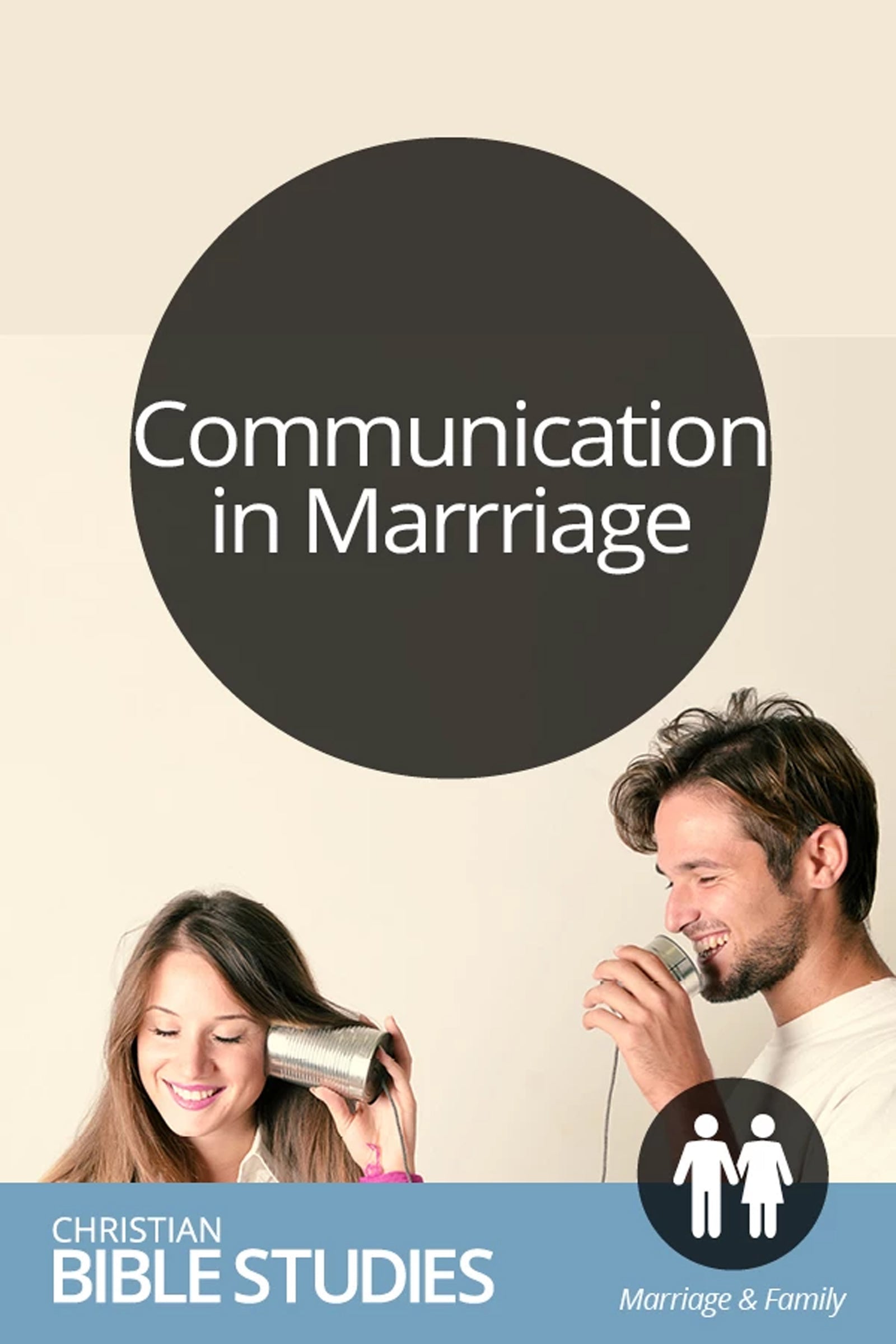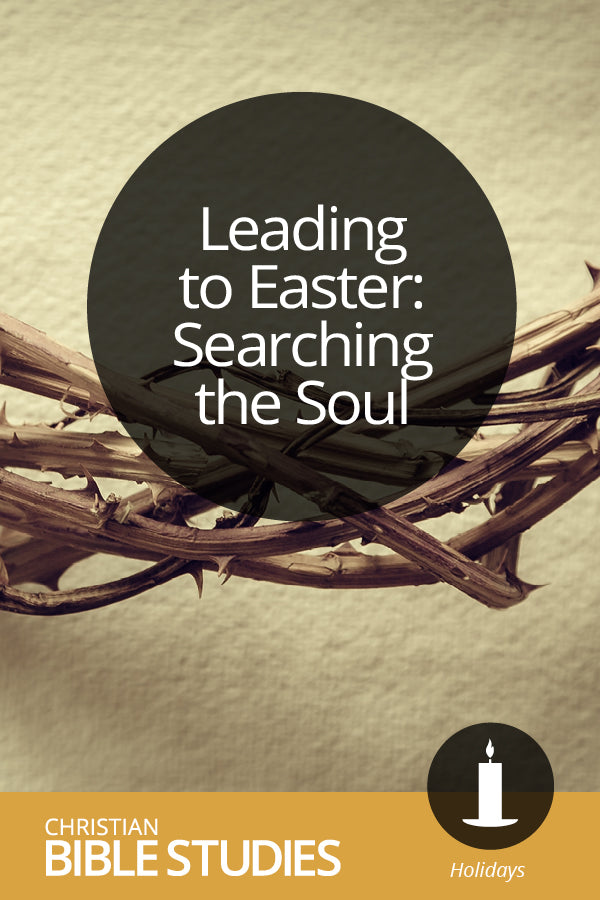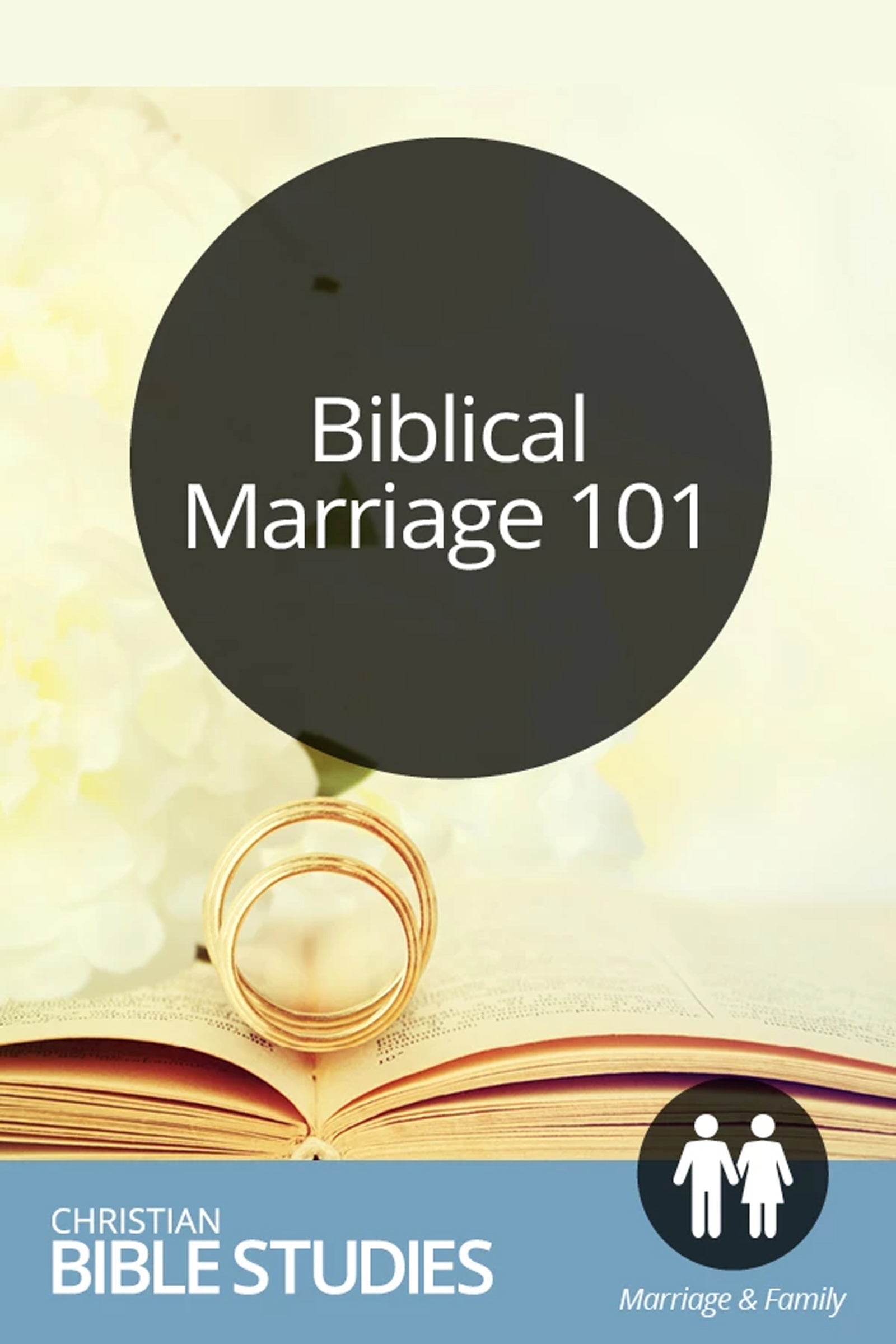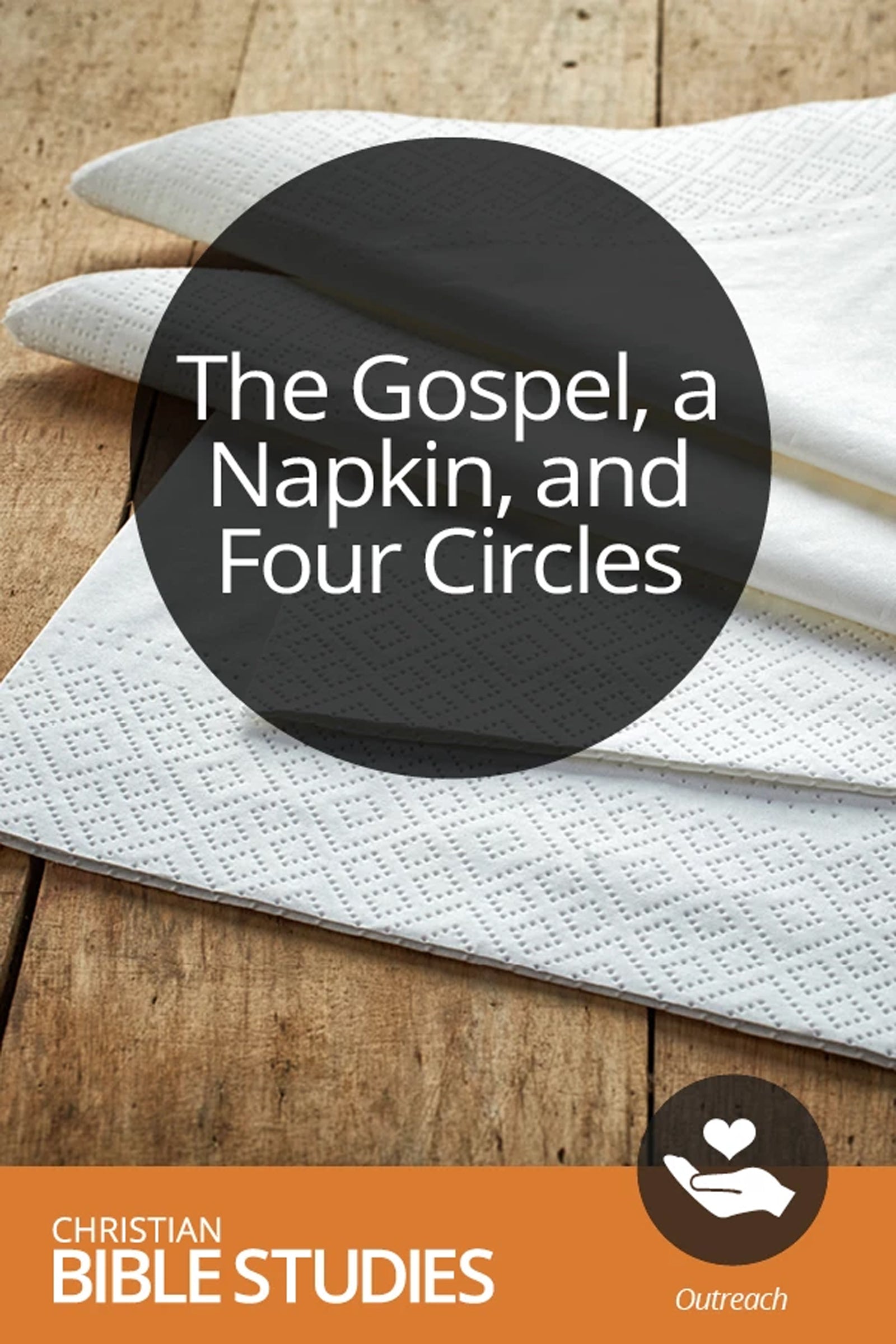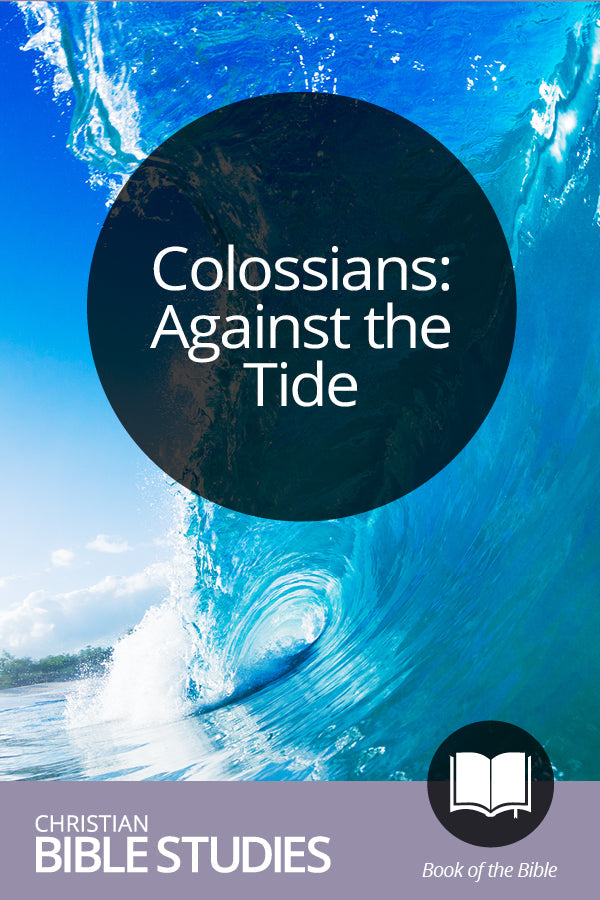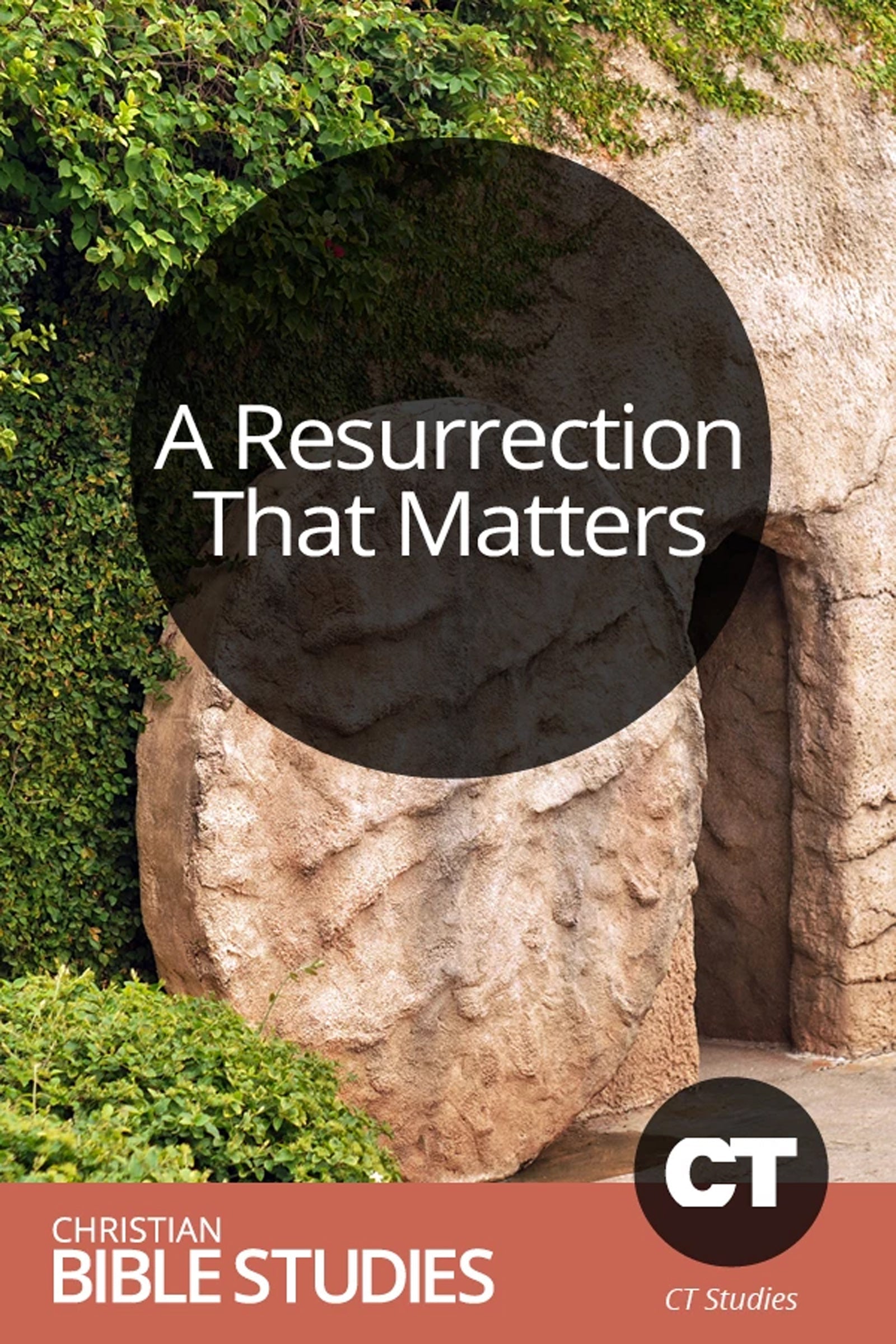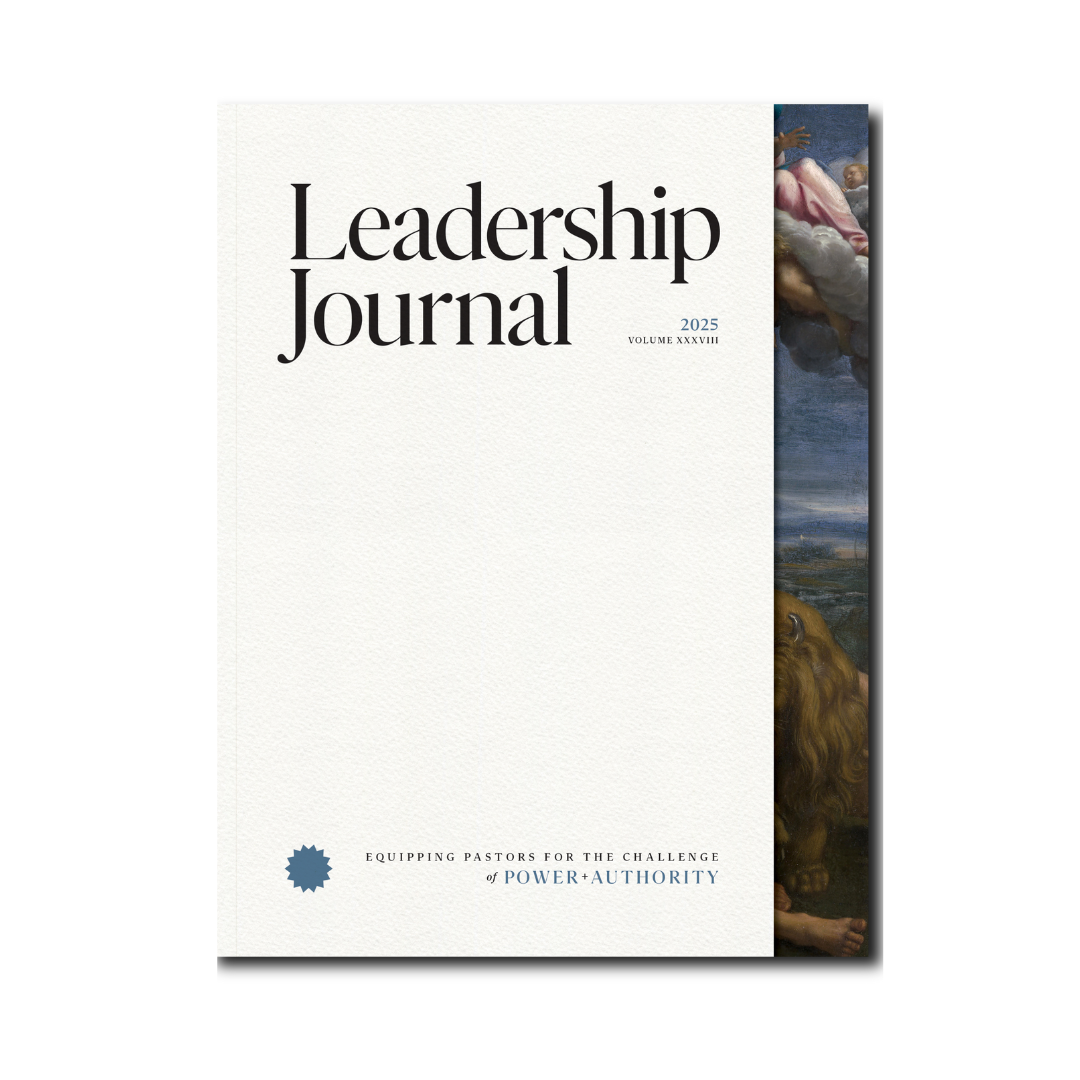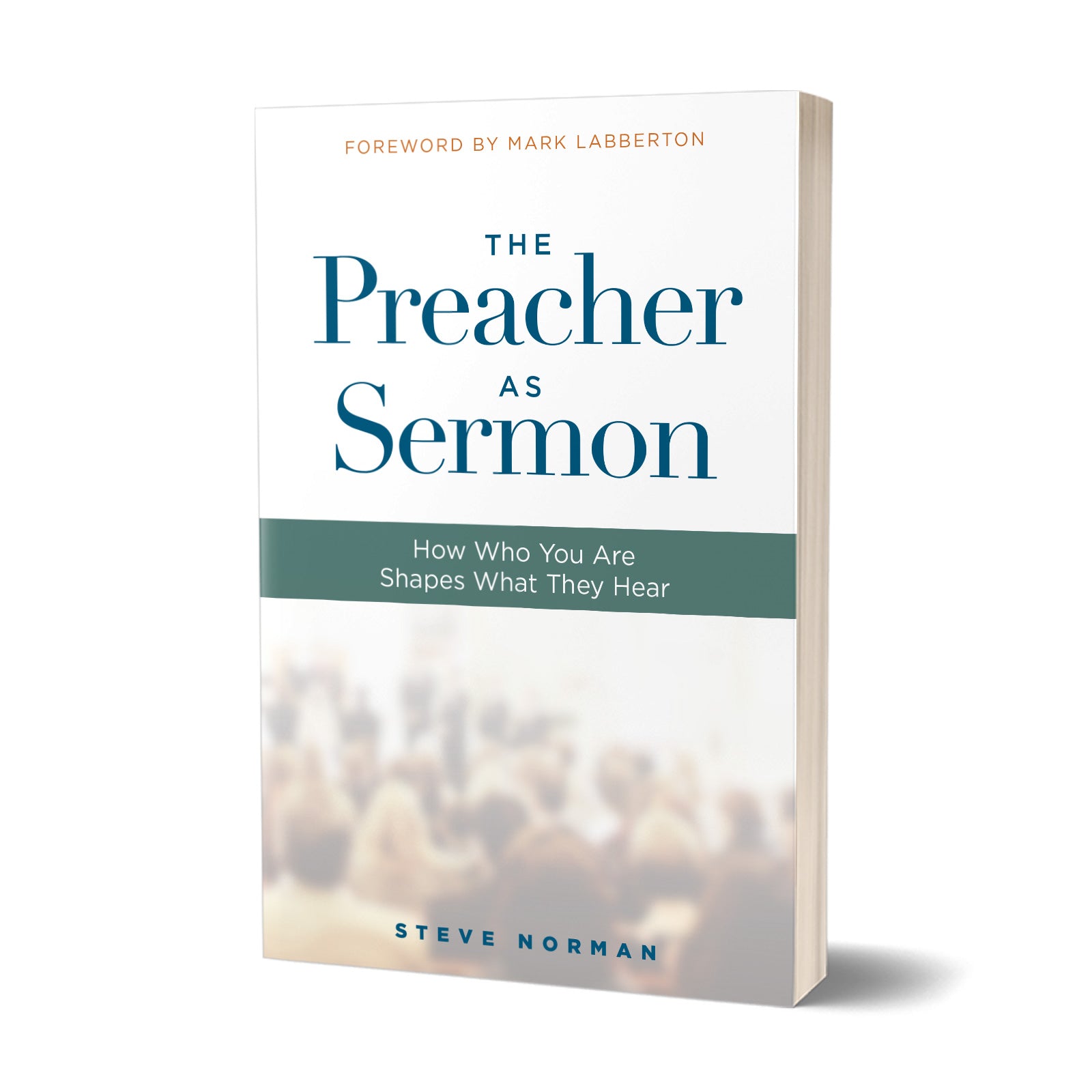Many Christians throughout the world recite either the Nicene Creed or the Apostles' Creed regularly in their church services. Following is a short history and recitation of each creed.
The Nicene Creed
In the first three centuries, the church was often forced into secrecy and seclusion. As a result, it was fraught with theological disputes, especially concerning the divinity of Jesus Christ.
When Constantine won control of the Roman Empire in 312 A.D., he elevated Christianity to favored status. He soon discovered the fractured state of the church and what it believed. To bring unity, he convened a council in the year 325 that met in the city of Nicaea. Out of that convention came the Nicene Creed, which is still a standard of belief for many Christian churches.
Below is the 1975 ecumenical version agreed upon by the International Consultation
on English Texts (ICET), published in the book Prayers We Have in Common. The reference to "the holy catholic Church" in both the Nicene and Apostle's Creeds refers to the universal church, not the denomination.
Nicene Creed:
We believe in one God,
the Father, the Almighty
maker of heaven and earth,
of all that is, seen and unseen.
We believe in one Lord, Jesus Christ,
the only Son of God,
eternally begotten of the Father,
God from God, Light from Light,
true God from true God,
begotten, not made,
of one Being with the Father.
Through him all things were made.
For us men and for our salvation
he came down from heaven:
by the power of the Holy Spirit
he became incarnate from the Virgin Mary, and was made man.
For our sake he was crucified under Pontius Pilate;
he suffered death and was buried.
On the third day he rose again
in accordance with the Scriptures;
he ascended into heaven
and is seated at the right hand of the Father.
He will come again in glory to judge the living and the dead,
and his kingdom will have no end.
We believe in the Holy Spirit, the Lord, the giver of Life,
who proceeds from the Father and the Son.
With the Father and the Son he is worshipped and glorified.
He has spoken through the Prophets.
We believe in one holy catholic and apostolic Church.
We acknowledge one baptism for the forgiveness of sins.
We look for the resurrection of the dead,
and the life of the world to come. Amen.
The Apostles' Creed
The origin of the Apostles' Creed is less clear than that of the Nicene Creed. The most common view is that it was originally developed in the first or second century and was influenced later by the Nicene Creed. The earliest historical evidence of the creed's existence is in a letter written by the Council of Milan in 390 A.D.
Almost every denomination has a slightly different version of the Apostles' Creed. Below is the ecumenical version of the English Language Liturgical Consultation (ELLC).
Apostles' Creed
I believe in God, the Father almighty,
creator of heaven and earth.
I believe in Jesus Christ, God's only Son, our Lord,
who was conceived by the Holy Spirit,
born of the Virgin Mary,
suffered under Pontius Pilate,
was crucified, died, and was buried;
he descended to the dead.
On the third day he rose again;
he ascended into heaven,
he is seated at the right hand of the Father,
and he will come to judge the living and the dead.
I believe in the Holy Spirit,
the holy catholic Church,
the communion of saints,
the forgiveness of sins,
the resurrection of the body,
and the life everlasting. Amen.
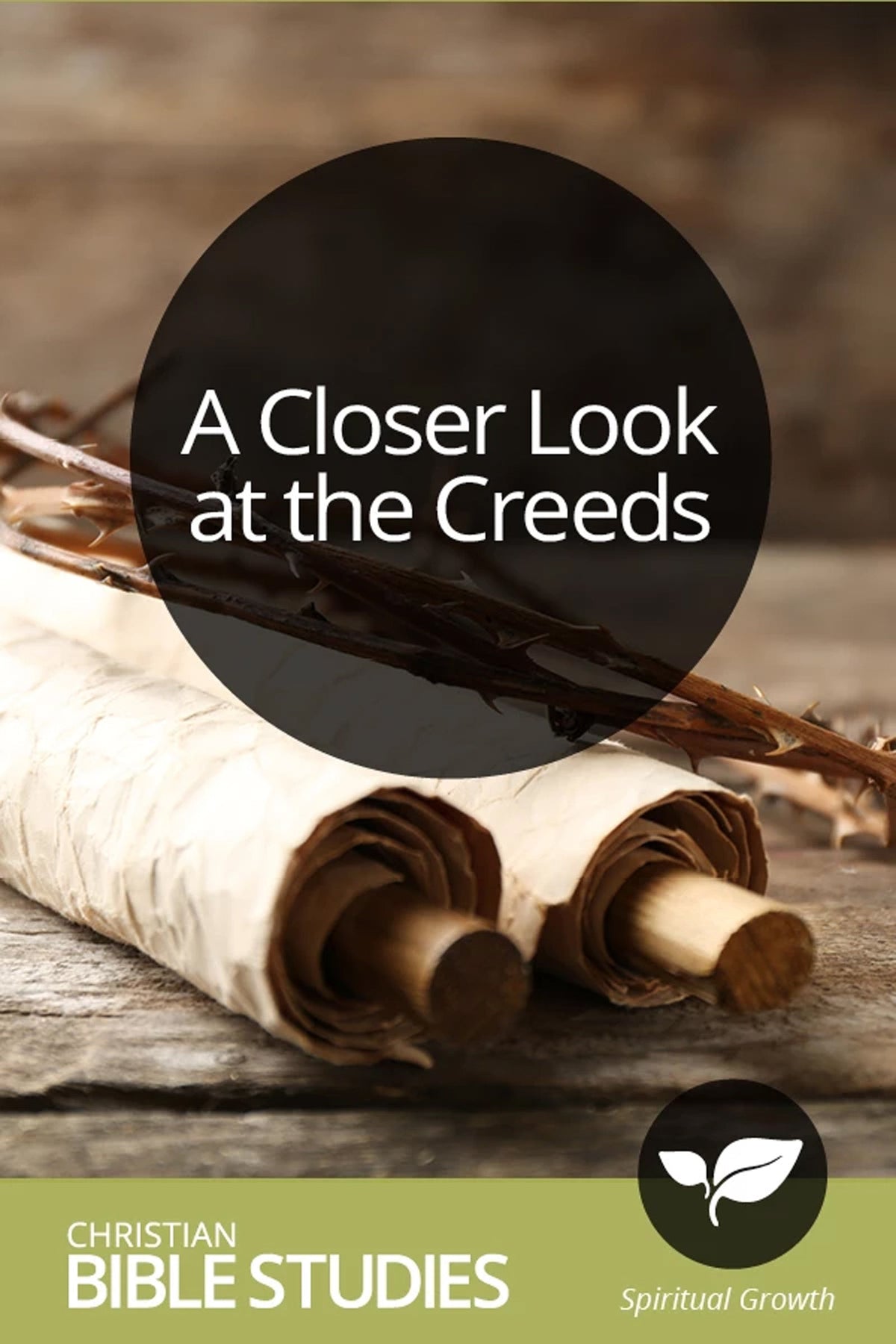
9-session Bible study course A Closer Look at the Creeds attempts to examine the basic doctrines declared in these creeds. It covers how to address God; the virgin birth; an examination of the death, burial, and resurrection of Jesus Christ; his role as judge; the role of the Trinity; the role of the church; the forgiveness of sins; and eternal life.
JoHannah Reardon is the managing editor of ChristianBibleStudies.com. She has written seven novels and a family devotional guide, and blogs at johannahreardon.com.


